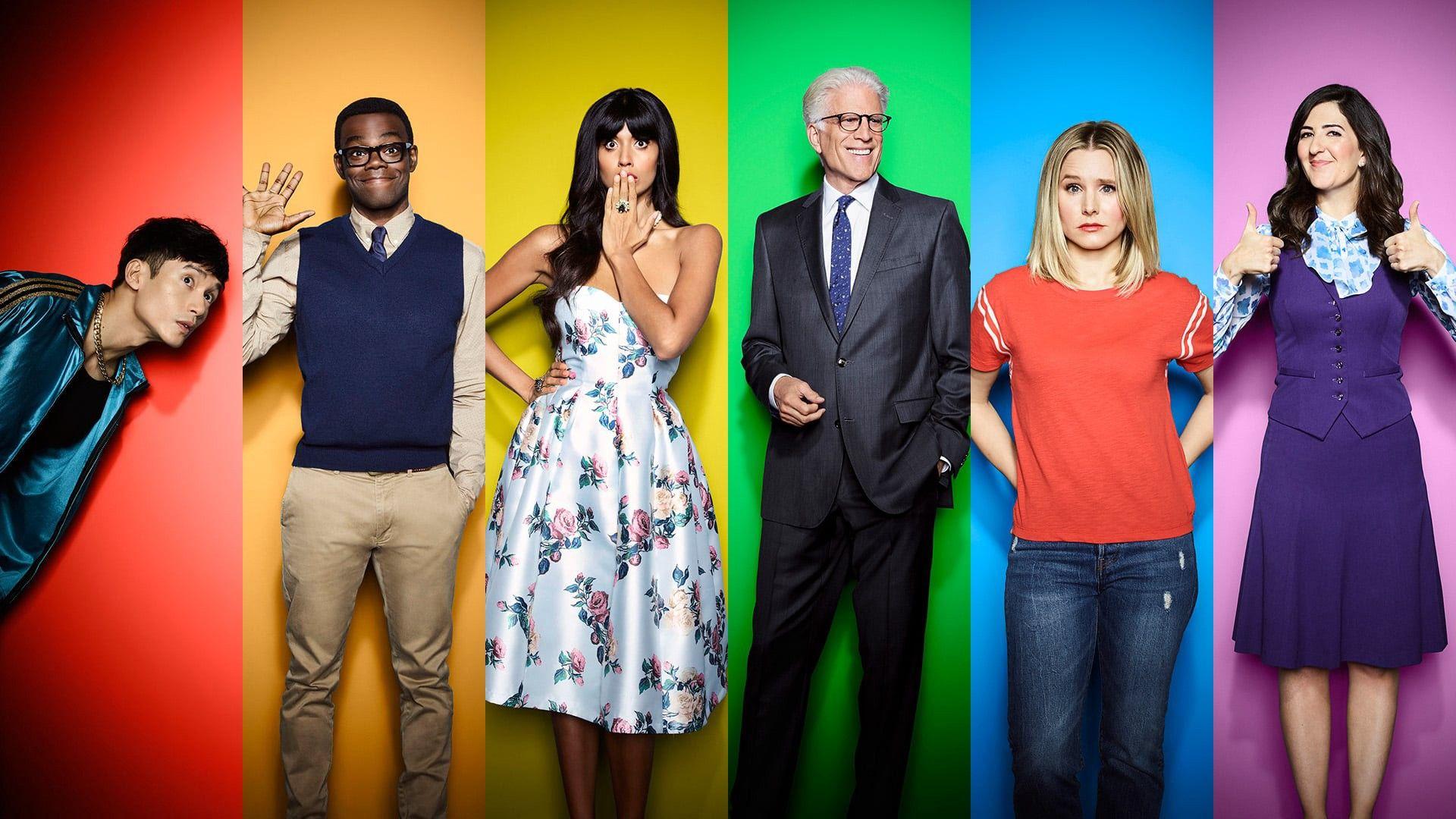The Good Place Place: A Journey Beyond The Afterlife
The Good Place Place is a fascinating concept that intertwines philosophical exploration with the realms of comedy and drama. This unique perspective on the afterlife offers audiences a thought-provoking look at morality, ethics, and the very essence of what it means to be good. Through its clever narrative and witty character development, "The Good Place" has become a cultural phenomenon that not only entertains but also challenges our beliefs about life and death. In this article, we delve into the intricacies of "The Good Place Place," exploring its themes, characters, and the questions it raises about our existence.
As we navigate through the whimsical yet profound world of "The Good Place," we uncover layers of storytelling that resonate with viewers on multiple levels. The show invites us to ponder our choices and the impact they have not only on our lives but also on the lives of others. By addressing complex moral dilemmas in a light-hearted manner, "The Good Place" encourages us to reflect on our values and the concept of redemption. What makes this exploration of the afterlife so compelling is its ability to weave humor into serious discussions about ethics, making it both entertaining and enlightening.
Join us as we explore "The Good Place Place" in-depth, examining its characters, philosophical underpinnings, and what it means for us as individuals. From the show's inception to its lasting impact on culture, we will uncover why "The Good Place" resonates with so many and continues to spark conversations about morality and the human experience.
What is the Concept of "The Good Place Place"?
The Good Place Place serves as a metaphorical space where individuals confront their moral choices and beliefs about goodness. It challenges the traditional notions of heaven and hell, presenting a more nuanced view of the afterlife. In this fictional universe, the afterlife is not simply a binary choice between good and evil but a complex landscape where personal growth and understanding are paramount.
How Did "The Good Place" Evolve as a Show?
The Good Place began as an innovative television series created by Michael Schur. It premiered in 2016 and quickly garnered critical acclaim for its unique premise and intelligent writing. The show cleverly blends humor with philosophical inquiry, exploring themes of ethics, morality, and the human condition. Each season builds on the previous one, expanding the narrative and deepening the audience's connection to the characters and their journeys.
Who Are the Key Characters in "The Good Place"?
The series features a diverse cast of characters, each representing different aspects of morality and personal growth. Key characters include:
- Michael: The architect of "The Good Place," played by Ted Danson, who guides the other characters through their journeys.
- Eleonor Shellstrop: Portrayed by Kristen Bell, she is a self-centered woman who finds herself in the afterlife and strives to become a better person.
- Chidi Anagonye: A moral philosophy professor played by William Jackson Harper, who helps Eleanor navigate ethical dilemmas.
- Tahani Al-Jamil: A wealthy socialite played by Jameela Jamil, who struggles with her identity and the expectations of her family.
- Jason Mendoza: A lovable doofus played by Manny Jacinto, whose simplistic view of life contrasts with the others' complexities.
What Philosophical Questions Does "The Good Place" Raise?
The Good Place Place raises numerous philosophical questions that challenge viewers to think critically about their own lives. Some of these questions include:
- What does it mean to be a good person?
- Can one truly redeem themselves after making poor choices?
- How do our actions affect the lives of others?
- Is the pursuit of happiness the ultimate goal in life?
What Impact Has "The Good Place" Had on Pop Culture?
The Good Place has had a significant impact on pop culture, sparking discussions about morality and ethics in a way that is both accessible and entertaining. Its clever writing and relatable characters have inspired countless memes, merchandise, and even philosophical debates among its fans. The show's ability to blend humor with profound questions has made it a touchstone for audiences seeking both entertainment and insight.
How Does "The Good Place" Address Redemption?
Redemption is a central theme in "The Good Place," as characters grapple with their past mistakes and strive for personal growth. The series emphasizes that no one is beyond redemption, and that self-improvement is an ongoing journey. This message resonates deeply with viewers, encouraging them to reflect on their own lives and the potential for change.
What Are the Main Takeaways from "The Good Place Place"?
Ultimately, "The Good Place Place" offers valuable lessons about morality, the importance of relationships, and the power of self-discovery. Through its engaging narrative and relatable characters, the show encourages audiences to consider their own values and the impact they have on the world around them. The Good Place reminds us that life is not just about making the right choices, but about learning from our experiences and striving to be better individuals.
Conclusion: Why "The Good Place" Matters?
In conclusion, "The Good Place Place" serves as a powerful reminder of the complexities of morality and the human experience. Through its unique blend of humor and philosophy, the show prompts us to reflect on our choices, relationships, and the very essence of goodness. As we navigate our own lives, the lessons from "The Good Place" continue to resonate, encouraging us to strive for personal growth and a deeper understanding of what it means to be human.
Discover The Magic Of The July Full Moon
On My Mama: A Deep Dive Into Its Meaning And Cultural Significance
Exploring The Depths Of Aries Scorpio Compatibility


